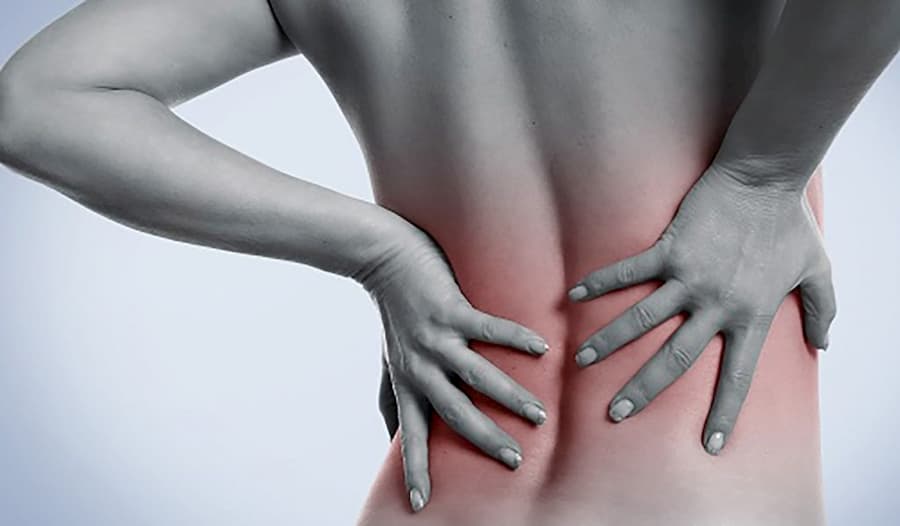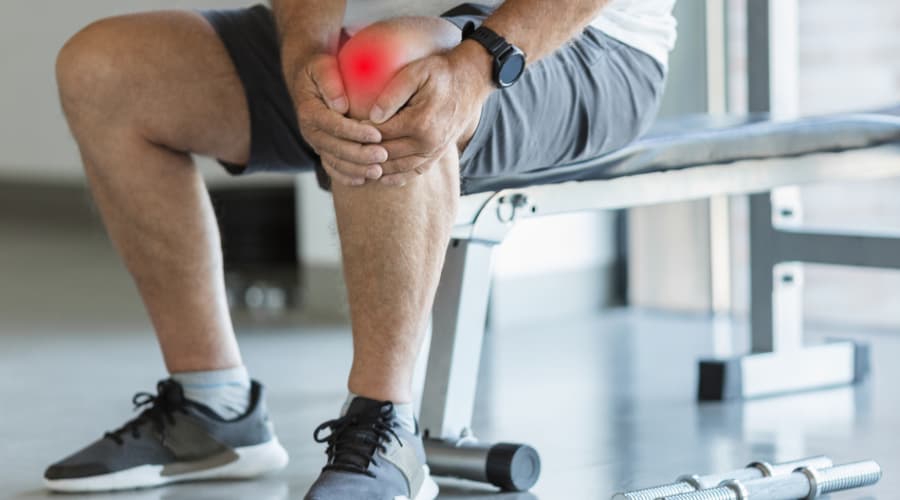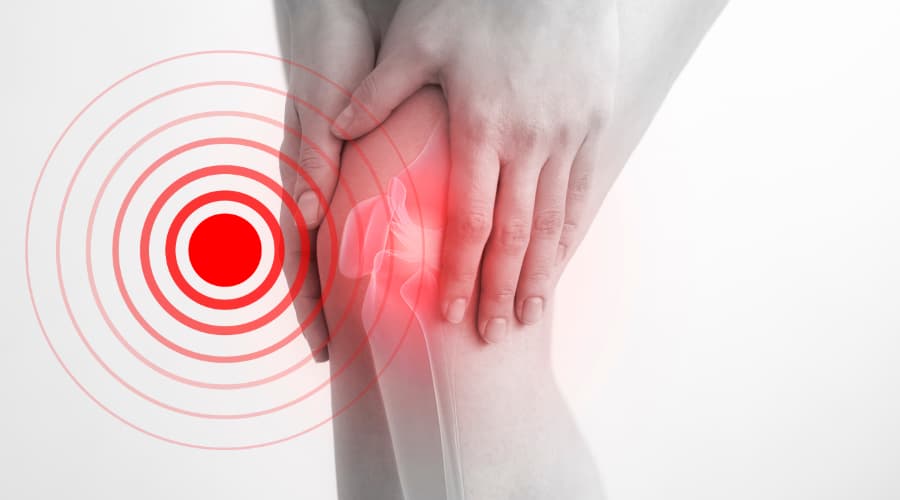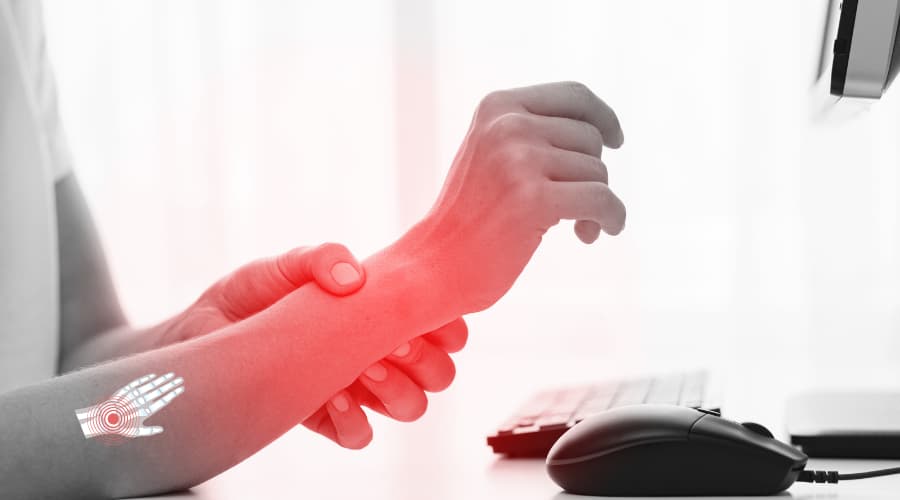Impotence, commonly referred to as erectile dysfunction (ED), is a medical condition where a man struggles to achieve or maintain an erection sufficient for sexual activity. While occasional difficulties are common, persistent ED can indicate underlying health concerns or psychological issues.
Addressing impotence is not just about restoring sexual function. ED often acts as a barometer for men’s overall health, as it can be a symptom of more severe conditions such as heart disease, diabetes, or hormonal imbalances. Moreover, the psychological impact of ED can be profound, affecting self-esteem, relationships, and mental well-being.
Prevalence of Impotence
Erectile dysfunction is a concern for many men across the UK, and insight into the magnitude of this health issue.
Young Adults (20-29): While less common in this age group, approximately 8% of young men report experiencing ED.
Middle-aged Men (30-49): The prevalence increases in this bracket, with roughly 26% of men indicating challenges with erectile function.
Seniors (50 and above): ED becomes increasingly prevalent as men age. In the 50-59 age group, around 40% of men experience ED, which rises to over 60% for those aged 60 and above.
While the global average for ED prevalence is approximately 30%, the UK’s average is slightly higher, hovering around 35%.
Understanding Impotence
Erectile dysfunction, or impotence, is more than just the sporadic inability to achieve or maintain an erection; it is a persistent issue that can have profound implications for an individual’s mental and emotional health.
Most men, at some point in their lives, might encounter temporary difficulties with erections. This can be due to stress, fatigue, excessive alcohol consumption, or other short-lived factors. Such instances, while possibly distressing, are not classified as ED.
When a man consistently struggles to achieve or maintain an erection over several months, he might suffer erectile dysfunction. This persistence differentiates a temporary setback from a clinical condition that requires medical attention.
Mental Well-being:
Persistent ED can lead to frustration, embarrassment, anxiety, or depression. Over time, these feelings can compound, leading to more severe psychological distress.
Relationship Dynamics:
ED can place a strain on intimate relationships. A lack of sexual intimacy can cause feelings of inadequacy, leading to misunderstandings or tensions between partners. Open communication becomes crucial to navigating these challenges.
Self-Esteem and Identity:
For many, sexual prowess is intricately tied to masculinity and self-worth. As such, ED can affect one’s self-perception, leading to a diminished sense of self-worth or confidence.
Causes of Impotence
Erectile dysfunction is a multifaceted condition whose origins can be traced to various causes.
Physical Causes:
Vascular Diseases:
- Atherosclerosis:
The hardening and narrowing of the arteries can impede blood flow to the penis, making erections difficult. - Hypertension:
High blood pressure can damage arteries, reducing elasticity and hindering blood flow. - Diabetes:
Chronic high blood sugar levels can cause damage to blood vessels and nerves, both essential for achieving and maintaining an erection.
Hormonal Disorders:
- Testosterone Deficiency:
Testosterone is the primary male sex hormone. A deficiency can diminish libido and impact the body’s ability to achieve an erection.
Neurological Conditions:
- Parkinson’s Disease:
This neurodegenerative disorder can affect the neural pathways responsible for erections. - Multiple Sclerosis:
MS affects the central nervous system, potentially disrupting signals between the brain and the penile nerves.
Medications and Treatments:
Many medications, including some antidepressants, have sexual side effects that can cause or exacerbate ED. Surgical procedures, particularly prostate surgery, can affect the surrounding nerves and tissues, impacting erectile function.
Lifestyle Factors:
- Smoking:
Reduces blood flow and damages blood vessels, leading to circulation issues that can affect erectile health. - Alcohol Consumption:
Excessive alcohol can act as a depressant and interfere with normal sexual function.
Psychological Causes:
- Stress and Anxiety:
Worries about work, finances, or other personal issues can manifest as ED. Performance anxiety, specifically about sexual performance, can also trigger the condition. - Depression:
A lowered mood or chronic depression can reduce libido and interfere with normal sexual function. - Relationship Troubles:
Conflicts, lack of trust, or unresolved issues with a partner can hinder sexual responsiveness. - Past Sexual Trauma:
Incidents of past sexual abuse or negative sexual experiences can lead to psychological barriers, manifesting as ED in later life.
Diagnosing Impotence
The diagnosis of erectile dysfunction follows a systematic approach, ensuring that the root cause is identified and the most appropriate treatment is offered.
Typical Diagnostic Pathway:
The journey typically starts with a consultation with a General Practitioner (GP). During this consultation, the GP will gather a detailed medical and sexual history. The aim is to ascertain the ED’s duration, consistency, and severity, along with any potential triggering events or underlying conditions.
Patients might be given validated questionnaires, like the International Index of Erectile Function (IIEF-5), to gauge the extent of their erectile problems and how they impact their quality of life.
A physical examination focuses on the genitals to rule out any structural abnormalities. The GP might also assess blood pressure heart rate, and examine the vascular system.
Blood tests help in identifying potential underlying causes like diabetes, cholesterol, or hormonal imbalances. A blood sample will be taken to measure glucose, lipids, testosterone levels, and other relevant markers.
Specialist Referrals:
If the GP deems it necessary, based on the initial assessment, the patient might be referred to a specialist. This could be a urologist (specialising in urinary and reproductive systems), an endocrinologist (for hormonal issues), or a psychologist or psychiatrist (if the suspected cause is psychological).
In some cases, more advanced diagnostic tests, such as penile Doppler ultrasound (to assess blood flow) or nocturnal penile tumescence (to measure erections during sleep), might be recommended by the specialist.
Treatment Options for Impotence
Addressing erectile dysfunction requires a multifaceted approach, encompassing lifestyle adjustments, medical treatments, and, in some cases, surgical interventions. Treatment choice often depends on the root cause of the impotence and the patient’s needs.
Lifestyle Changes:
- Diet:
Adopting a balanced diet that’s low in saturated fats and sugars can improve cardiovascular health, thus enhancing blood flow essential for erections. - Exercise:
Regular physical activity promotes cardiovascular health and can improve erectile function. - Smoking Cessation:
Smoking narrows and damages blood vessels. Quitting can reverse some of this damage, enhancing blood flow to the penis.
Psychological Therapy:
- Cognitive Behavioural Therapy (CBT):
This form of therapy helps individuals identify and challenge negative thought patterns, potentially alleviating performance anxiety or other psychological barriers to sexual function. - Couples Therapy:
For those in relationships, couples therapy can help address interpersonal issues that might be contributing to ED.
Pharmacological Treatments:
- PDE5 Inhibitors:
These drugs enhance the effects of nitric oxide, a chemical the body produces to relax penile muscle tissue and increase blood flow. - Testosterone Replacement Therapy (TRT):
Suitable for those with a confirmed testosterone deficiency, TRT can improve libido and erectile function.
Mechanical and Surgical Solutions:
- Vacuum Erection Devices:
These external pumps use suction to draw blood into the penis, inducing an erection. - Penile Implants:
Surgically placed devices that can be inflated or manipulated to produce an erection. They’re typically considered when other treatments fail. - Vascular Surgery:
In certain cases, surgery to improve blood flow to the penis can be considered, especially if a specific arterial blockage is identified.
Emerging Therapies:
- Plasma Injections:
Known popularly as the P-Shot, these injections aim to use plasma to stimulate tissue regeneration in the penis. - Shockwave Therapy:
This involves using low-intensity sound waves to increase blood flow to the penis, aiming to improve erectile function. - Stem Cell Therapy:
Still in the experimental stages, this therapy utilises stem cells to regenerate damaged erectile tissues.
Getting Help
Erectile dysfunction can have profound effects on an individual’s quality of life. A range of services and facilities are ready to provide assistance and treatments.
The National Health Service (NHS) offers comprehensive care for individuals experiencing ED. The initial point of contact is usually a General Practitioner (GP) who can provide an assessment, advice, and initiate treatment.
Depending on the ED’s severity and suspected underlying causes, the NHS may provide medications, counselling, or referrals to specialists. The NHS website and local clinics offer educational resources and guidance on managing and treating ED.
Private clinics offer an alternative for men wanting more immediate or specialised care. The Vale Health Clinic specialises in Men’s health, providing tailored treatments and therapies for ED and related conditions.
Initiating a dialogue about ED symptoms can be challenging due to societal stigmas and personal reservations. However, early consultation can significantly improve prognosis and ensure more effective management.
Related Articles
- Causes of Erectile Dysfunction in the UK
- Prevalence of Erectile Dysfunction in the UK
- Erectile Dysfunction and Underlying Health Conditions
- Psychological Aspects of Erectile Dysfunction
- A Fresh Approach to Tackling ED with P-Shot




